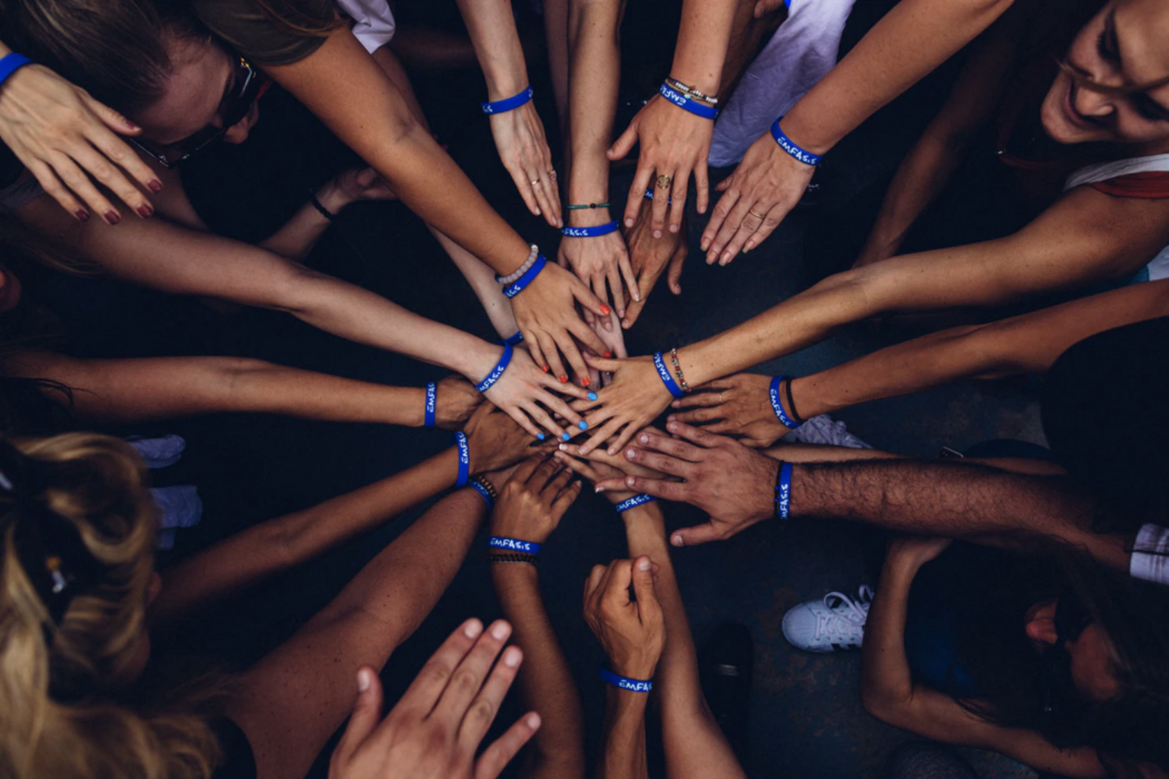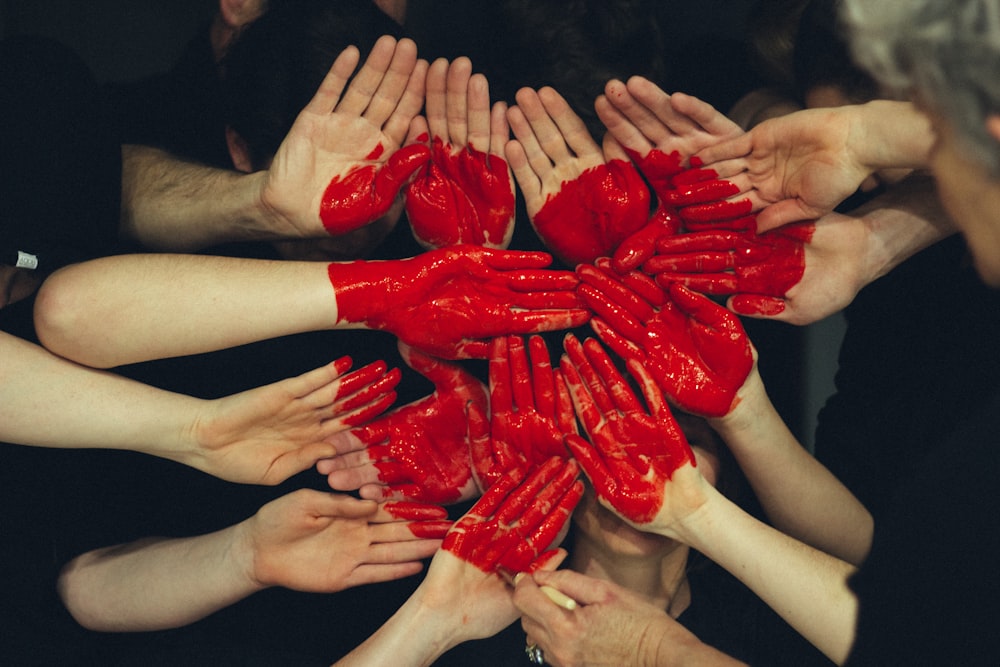Image courtesy of Jon Tyson via Unsplash
When I sat down to draft SAAL’s statement on racial justice, I was nervous.
Writing for a national audience is different from writing for my campus. At my institution, I am prepared for the reactions I get when I speak out about injustice. I was nervous to write something that didn’t capture my intent; I was nervous about the responses from members; I was nervous to not “get it right”. But, we can’t afford to put things off because we are nervous about doing it wrong. As we wrote in our email on June 12th, our group is named Student Affairs Assessment LEADERS, which means that all of us have a role to play in making our work and our institutions socially just. The work is ongoing; it is not done with one email or one initiative. We need to keep stepping forward.
What can help move all of us forward is a supportive community. I don’t mean people who all think alike and validate everything you do. I mean a community of people who respect you enough to give constructive feedback, whom you respect enough to be vulnerable with, who will be there for you. That is what I hope SAAL members can be for our field.
When I sent the draft statement on racial justice to the board, everyone responded with ideas, suggestions, examples, and feedback. Before my eyes, I could see the statement improve and strengthen. Board members suggested new wording, discussed and decided upon suggestions, and kindly challenged wording that wasn’t portraying our intent. I was nervous to write a statement because I felt alone and vulnerable when I sat down, but when we were done I realized that I was a part of a community that had shared convictions and who could make a difference together.
Image courtesy of Tim Marshall via Unsplash
Everyone who works as a student affairs assessment professional has the potential to be part of that community. Our work is to help our institutions learn and grow by setting intentions and reflecting on our actions. That is also how we will need to approach anti-racism in our institutions. We will need to understand the context and history, set new intentions, act, reflect, and do it all over again.
In this vein, the SAAL Board of Directors have made the following commitments. These are living and ongoing. Our commitment to anti-racism and socially just practice won’t end when we have completed each action item. But we need to name what we are going to do and take action in community in order to grow, to learn, and to work towards a more socially just world.
Board Commitments, in line with SAAL’s ethos of Curiosity, Equity, Justice, and Intentionality:
- Publicly share updates on the Grand Challenges in Assessment in Higher Education, Equity project
- As progress is made on this collaborative project, updates and resources will be shared on our listserv.
- Place resources on critical and socially just assessment, including professional development opportunities, front and center on our website.
- Please visit our website to access resources. If you have more to share, please send them out on the listserv. We put resources in our repository so members can find them later.
- Each committee and workgroup will develop a commitment to and actionable steps for infusing social justice into their work. These will be shared publicly once identified.
- Each board member is working with their committee on these goals and will share them along with their other annual goals on our website in the next month or so.
- Involve, feature, and represent diverse perspectives and identities in professional development offerings (e.g., blogs and structured conversations).
- The Professional Development Committee will continue to expand the representation and diverse perspectives in the structured conversations and blog posts. Their offerings this year, including blog posts such as Let’s Talk about Culture and Assessment and structured conversations such as Socially Just Assessment as a Tool for Institutional Equity, have already been going in this direction and they are committed to continue on this path.
- As a board, commit to engaging in our own professional development on anti-racism and anti-white supremacy in our work and in our lives.
- As a board, each member is sharing our own professional development goals and actions that we will reflect on publicly towards the end of the year. Our hope is to share resources and learning with the entire membership.
Because all of us are leaders in Student Affairs assessment, the Board also invites each of you to share with the group what you yourself are doing and what resources are helpful to you. We invite you to share on the SAAL list, which is restricted to members only. If you are comfortable sharing with a broader audience, you may also share via social media by tagging SAAL on Twitter, posting in the SAAL LinkedIn group, or mentioning SAAL on Facebook. You could also share by commenting on this blog post.
Whether or not you contribute thoughts or feedback, we are happy you engaged to read this post. It was important for us to share more than an email regarding our commitment for change. And whether you are an office of one or are a minority of opinion on your campus, remember you are not alone. SAAL is a community and we want to be as supportive and beneficial to you as we can. Help us be that for you. And, if you have the time, join us to be a support and resource for others.

Image courtesy of Perry Grone via Unsplash
Aimee Shattuck, SAAL Chair


